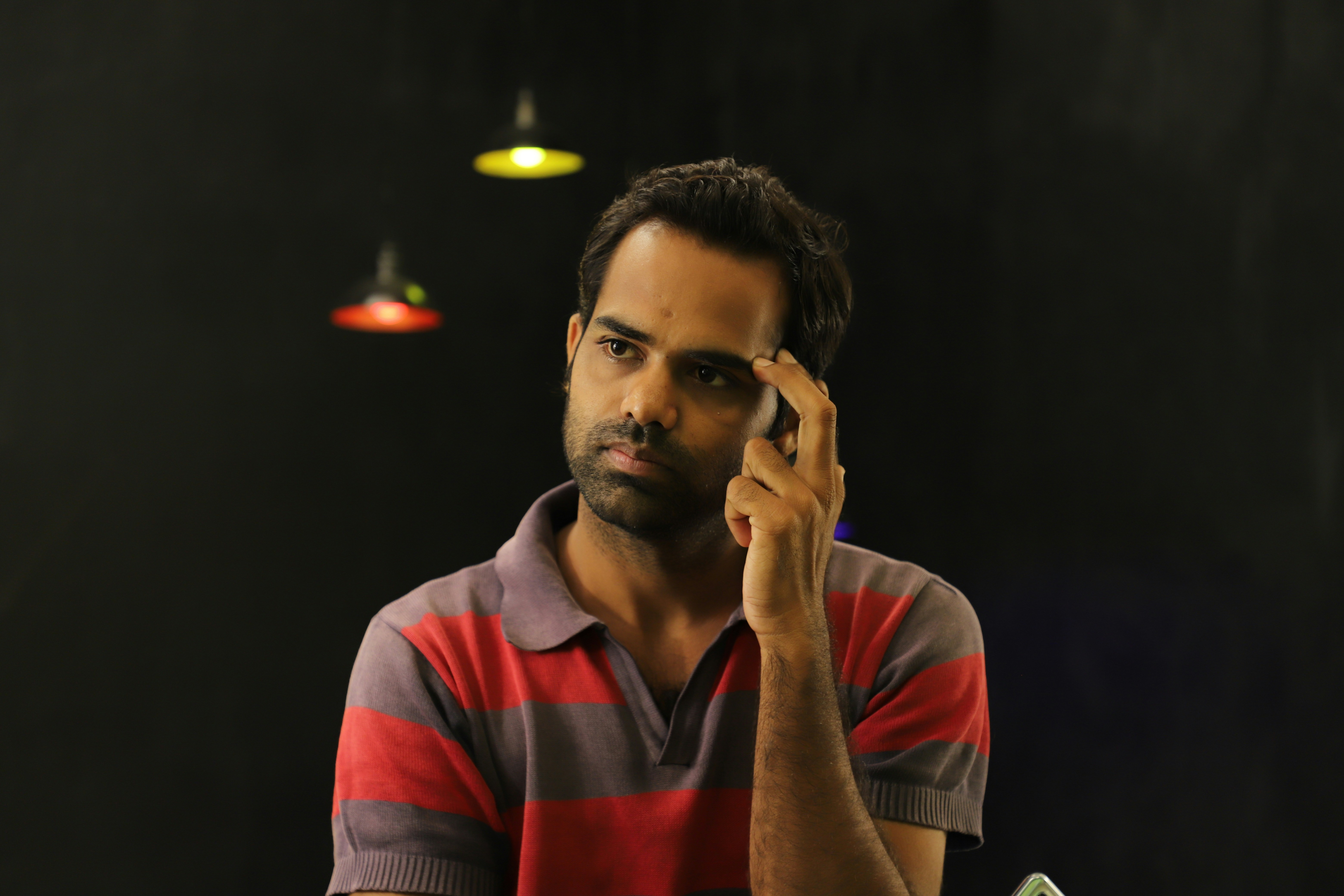News release
From:
Trying hard may improve the quality of your memories
Exerting more mental effort shapes brain representations of memory, suggesting that trying hard may benefit memory quality.
Thinking, perceiving, reasoning, and memory are all known as cognitive skills. Some tasks these skills are used for require more effort than others. For more complicated cognitive tasks, how hard we try largely dictates our success at them. In a study from Clayton Curtis’s lab at New York University, first author Sarah Master and colleagues investigated whether there is an interaction between motivation to exert effort and the cognitive skill of memory. Study participants performed memory tasks of varying difficulty. Prior to the tasks, they were informed of the difficulty level and pupil size and response times confirmed that this method successfully manipulated their effort level. The researchers found that neural activity in a brain region called the prefrontal cortex was strong and persistent during anticipatory periods of delay in tasks. It was strongest during harder tasks, suggesting this brain region is a neural signal for effort. However, prefrontal cortex activity did not reveal anything about what participants were remembering – this information came from the visual cortex. Interestingly, strong patterns of visual cortex activity were associated with better memory accuracy during more difficult tasks. Importantly, the researchers also found that prefrontal cortex activity during the anticipatory moments in tasks could predict the strength of visual cortex activation during remembrance of items and memory accuracy. In other words, when participants tried harder, the quality of their memories was better represented by patterns of activity in the visual cortex. Altogether, these findings suggest that effort-related neural signals sculpt memory-related neural signals. These findings may reshape how we think about some neuropsychiatric diseases characterized by cognitive dysfunction, such as schizophrenia. Treatments aimed at improving cognition in schizophrenia have not been successful, and the scientists of this study propose that therapeutically increasing motivation could be another strategy for improving cognition.



 International
International



